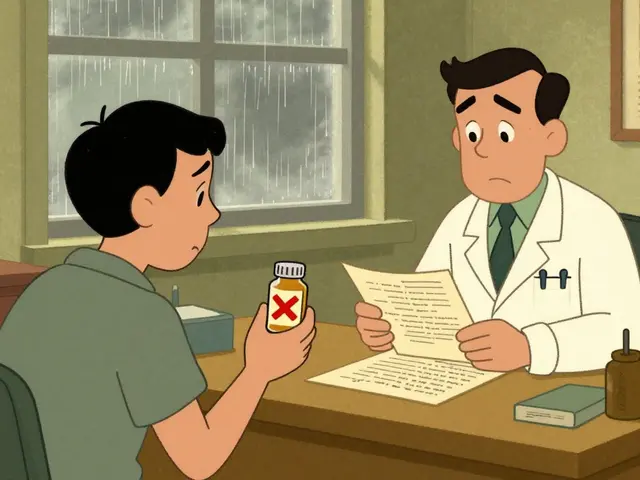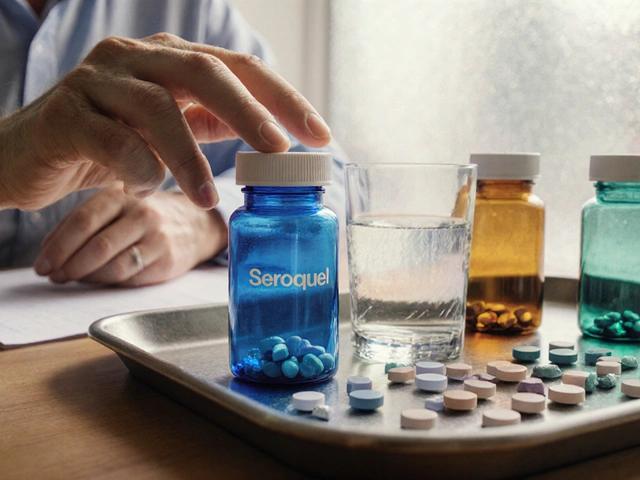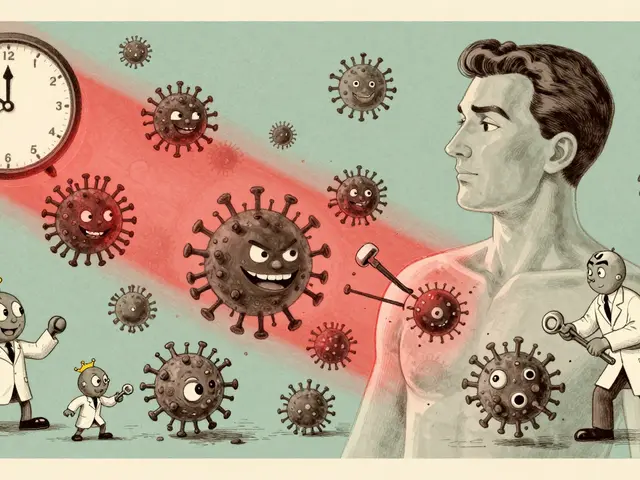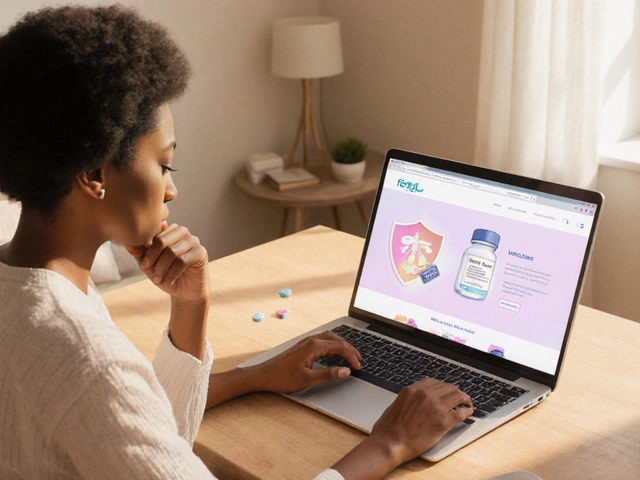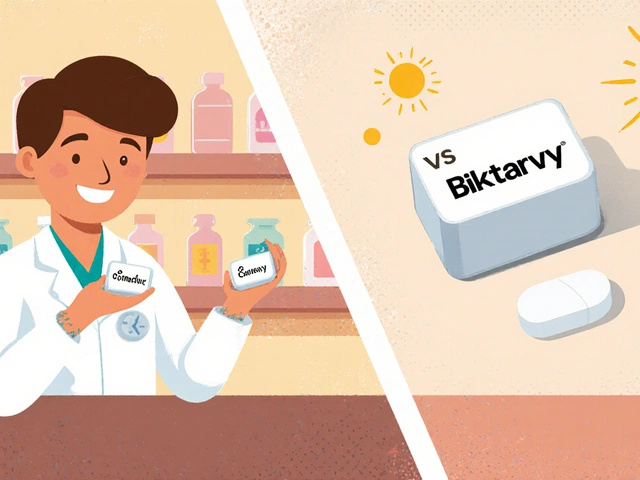Cholesterol screenings: how to read the numbers and act fast
High cholesterol doesn’t hurt or warn you — but it quietly raises your risk for heart attack and stroke. A simple blood test catches it early. Read this if you want to know what a screening measures, when to get tested, and what to do if your numbers aren’t great.
What a cholesterol screening checks
Most screenings report four things: total cholesterol, LDL (bad), HDL (good), and triglycerides. Here are quick targets adults often use: LDL <100 mg/dL is ideal for many people (lower if you already have heart disease), HDL >40 mg/dL for men and >50 mg/dL for women, triglycerides <150 mg/dL, and total cholesterol under 200 mg/dL. Your doctor may also use non-HDL cholesterol or an A1c and blood pressure to figure overall risk.
Labs sometimes show an estimated 10-year ASCVD risk. That’s useful — it tells you the chance of a heart event in the next decade and helps decide if medications like statins are worth it.
When and how often to get screened
If you’re 20 or older, get checked at least once and then every 4–6 years if your numbers are normal. Test more often if you have diabetes, high blood pressure, a family history of early heart disease, obesity, or smoke. If you’ve already had heart disease or a stroke, expect regular monitoring and treatment adjustments.
Do you need to fast? Most clinics accept non-fasting lipid panels now. But if your doctor wants an exact triglyceride reading, they may ask for a 9–12 hour fast. Skip heavy alcohol and very fatty meals for 24 hours before the test to avoid skewed triglycerides.
How to interpret results without panic: one high number doesn’t always mean long-term danger. Look at the pattern and your overall risk. A slightly high LDL with low risk might start with lifestyle changes. Very high LDL, previous heart disease, or a high ASCVD score usually lead doctors to suggest statins.
Practical next steps if your cholesterol is high: eat more veggies, swap saturated fat for unsaturated (think olive oil, nuts, avocado), cut sugary drinks, lose a few pounds if you carry extra, and get moving — 150 minutes of moderate exercise per week helps. Stop smoking and limit alcohol. If lifestyle changes don’t bring numbers down, talk to your clinician about meds and what reduction target fits your risk.
Bottom line: a cholesterol screening is quick and tells you if you need to act now or just keep watching. If you haven’t had one in a few years, schedule it. Early info gives you options — from food and movement to medication — to protect your heart.

The Vital Role of Regular Cholesterol Screenings for Heart Health
Regular cholesterol screenings are crucial for monitoring high blood cholesterol levels, which can lead to serious health issues like heart disease. These tests help in identifying risks early, allowing for timely lifestyle and dietary adjustments. By understanding the importance of these screenings, individuals can take proactive steps to maintain healthier cholesterol levels and overall heart health.
Read More
